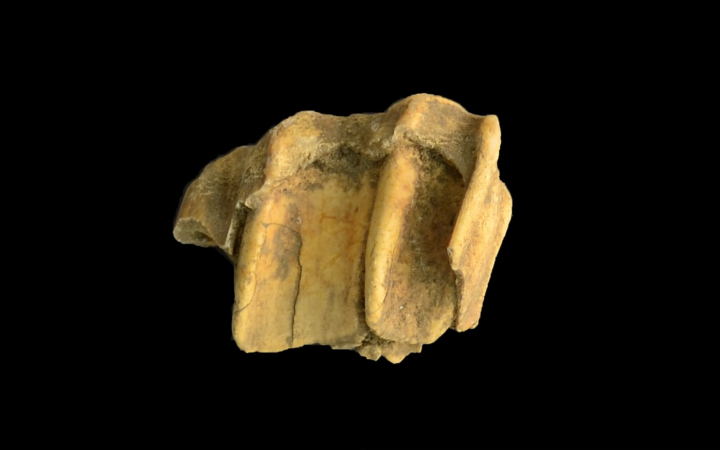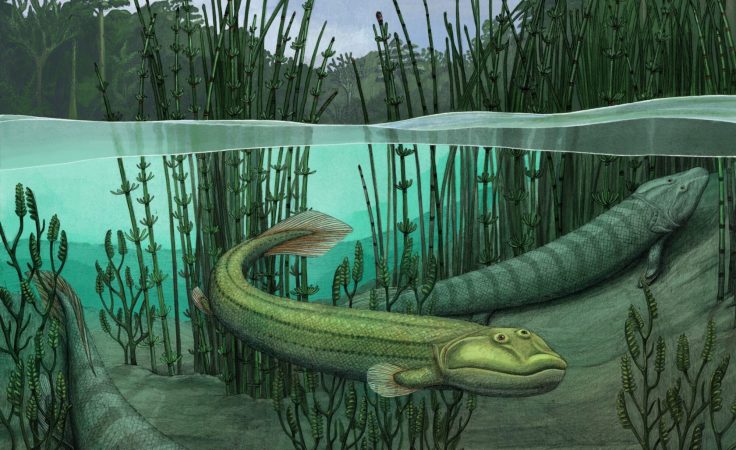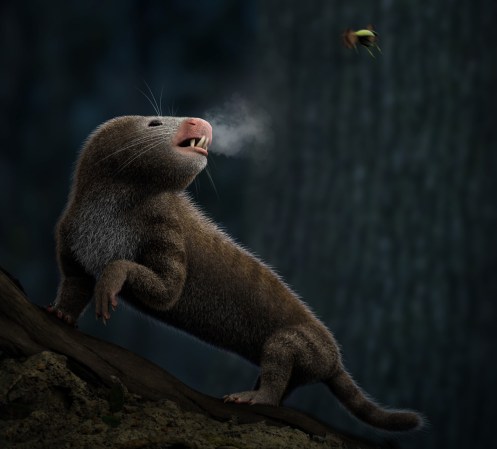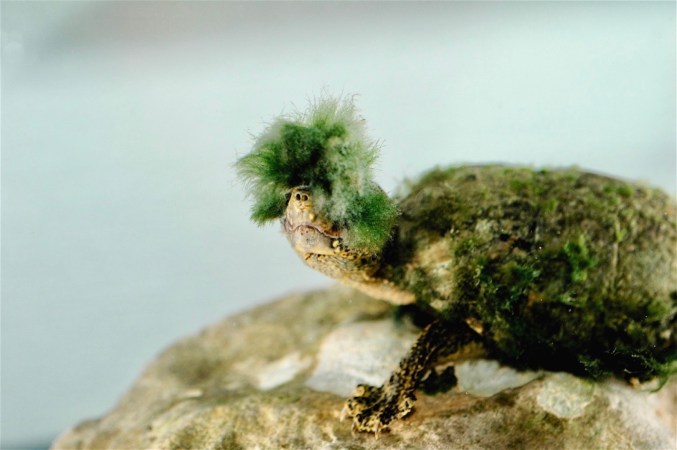About
Kate Baggaley has been contributing regularly to Popular Science since 2017. She frequently covers nature, climate, and the COVID-19 pandemic, but has also reported on many other aspects of science, including space, paleontology, and health. She has a soft spot for birds, deep sea critters, and all kinds of gorgeous creepy crawlies.
Experience
Kate’s reporting for Popular Science has explored many facets of nature, including natural disasters; animals of the furry, feathered, scaly, and slimy varieties; and the quest to understand Mars and other distant worlds. She has a great many questions: Why do so many diseases come from bats? What’s the best way to remove cactus spines? Why is thundersnow a thing?
Since the pandemic began, Kate has reported on the novel coronavirus from all angles: vaccines, immunity, and emerging variants as well as how COVID-19 has affected holidays, sporting events, and daycares.
Kate was previously a staff reporter for The Academic Times and has also written for NBC News MACH, Audubon.org, and Science News. She’s been interviewed about her work on Science Friday, The Daily Dive, and Live from the Poundstone Institute, and attended the Bread Loaf Environmental Writers’ Conference in 2019.
Education
Kate graduated from Vassar College with a bachelor’s degree and departmental honors in biology after spending a lot of time in the company of birds and mangroves. She also holds a master’s degree from New York University’s Science, Health, and Environmental Reporting Program.


















